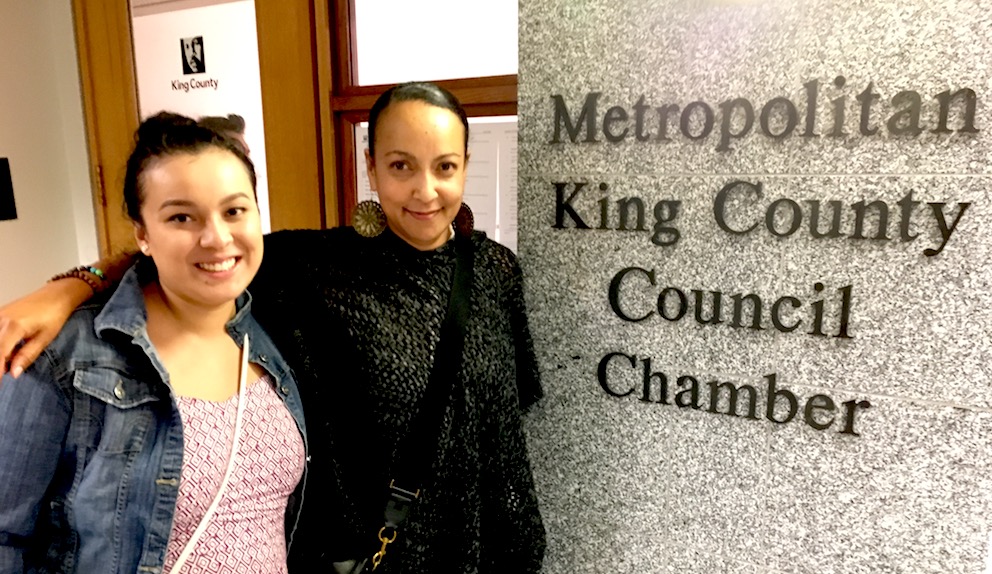
In a place as diverse as Tukwila, where over 80 languages are spoken, it’s not easy for the city to engage all of its residents—particularly communities who face language and cultural barriers. In 2013, the city began working with G2L and Forterra to create the Community Connectors Program to help boost civic engagement.
Through this partnership, we recruit Community Connectors from groups that the city has a difficult time reaching through traditional outreach. Tukwila Connectors include members of the African-American, Latino, Somali and Burmese communities who have deep connections in their communities, and who are committed to facilitating outreach and communications.
Connectors join “City 101” trainings where they learn about things like how the city is structured, what different departments do, how the budget is developed, and what city council does.
“Knowledge is power — especially for people who are new to the country. They need to know the processes,” said Leadership and Engagement Manager Niesha Brooks, who runs the Connectors program.
Next, G2L and the city work together with the Connectors to identify priority projects that the Connectors can support, reaching out to their communities to seek input on things like the comprehensive plan, housing, safety, and economic development. Connectors also provide guidance to city staff on how to design and undertake comprehensive and effective outreach. These efforts ensure that the priorities of previously underrepresented groups are heard and incorporated into city work.
Community leadership advances community health
The Community Connectors program is key to G2L’s efforts to advance health equity in our region. We started our work in 2010 by asking community members to describe what a healthy community looks like to them. Many talked about feeling connected to their community, being able to access and navigate systems, and having a voice.
“This program is letting the Connectors and community members know that their voices are valid,” said Niesha.
As the Connectors program builds community voice, it also invests in the capacity of individual leaders.
“We want for the Connectors to gain experience and skills,” Niesha said. “They can take what they learn here, and join task forces and boards, and take on other leadership positions.”
Learn more
- After pioneering Community Connectors in Tukwila, we partnered on a similar program with the City of Burien. Cityvision Magazine recently highlighted Burien’s Connectors program in an article on the city’s efforts to better serve its residents. You can read “A Right to Be Heard” online; the article starts on page 16.
- Read Community Connectors program descriptions on the Tukwila and Burien city websites.
- Keep visiting our website, where we’ll feature stories of Community Connectors. To receive updates about all things Global to Local, subscribe to our email newsletter.


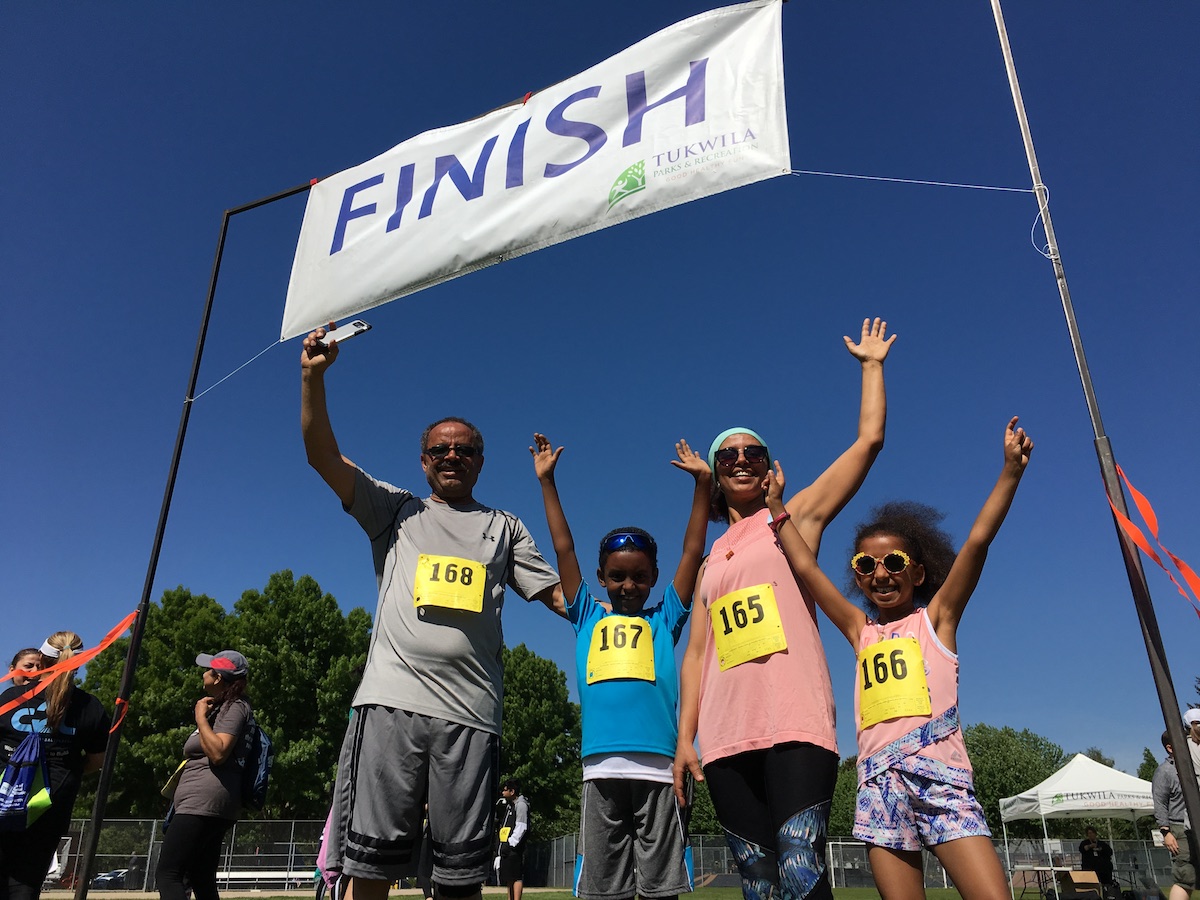
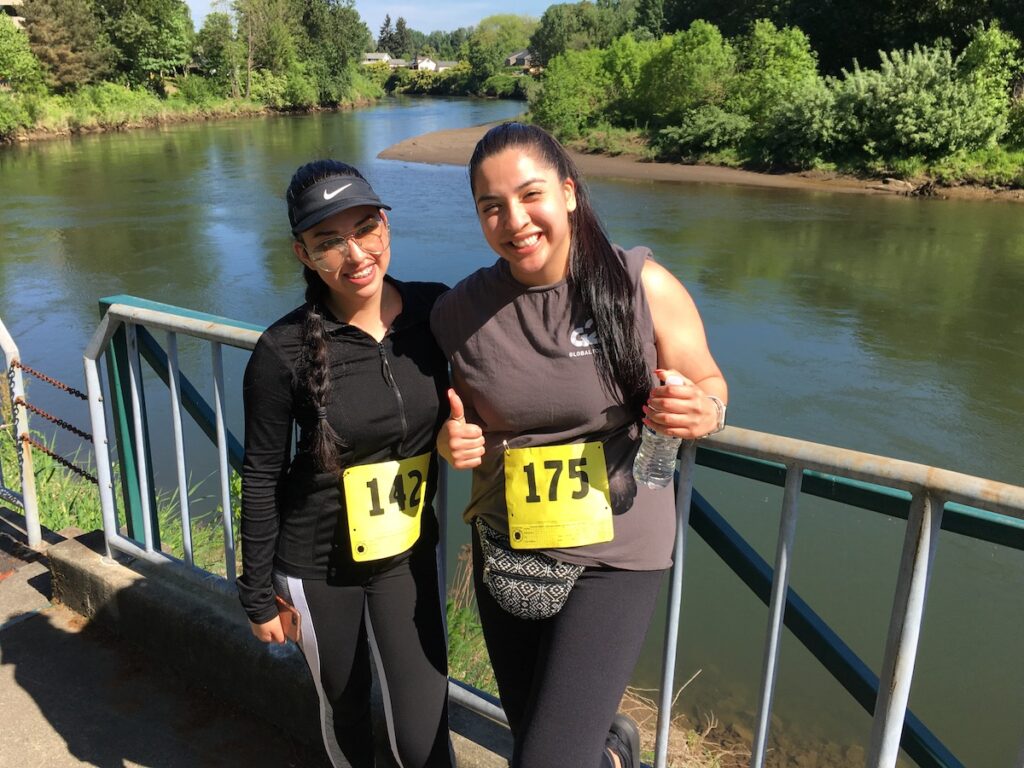
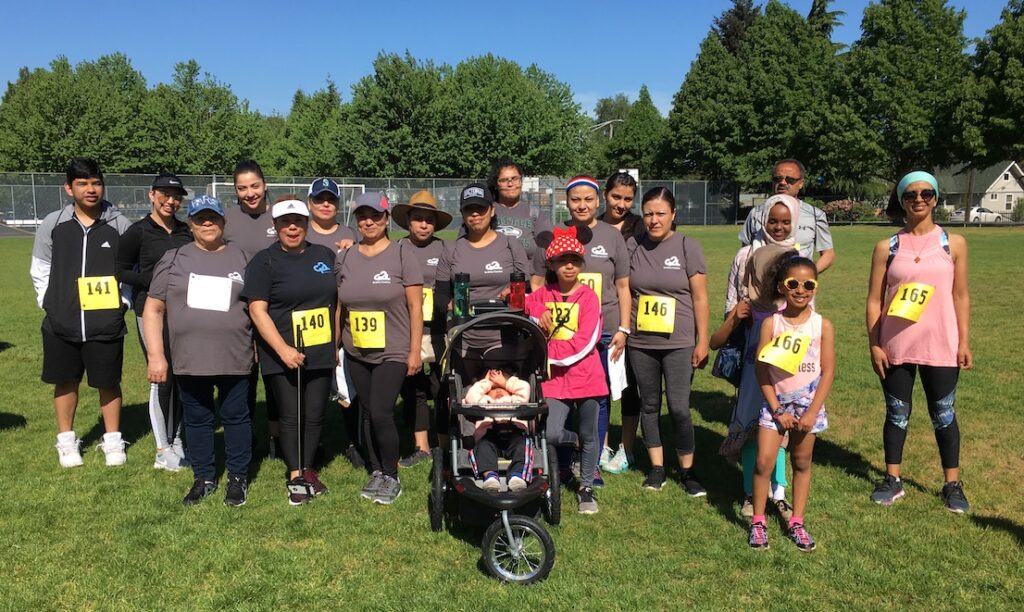
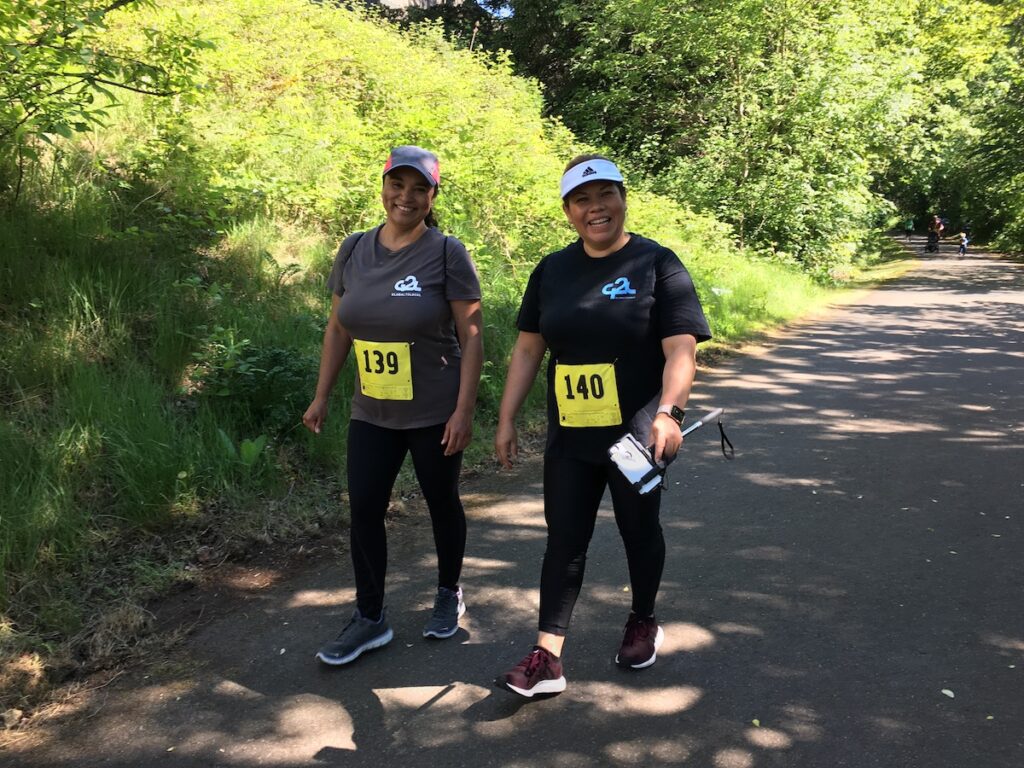
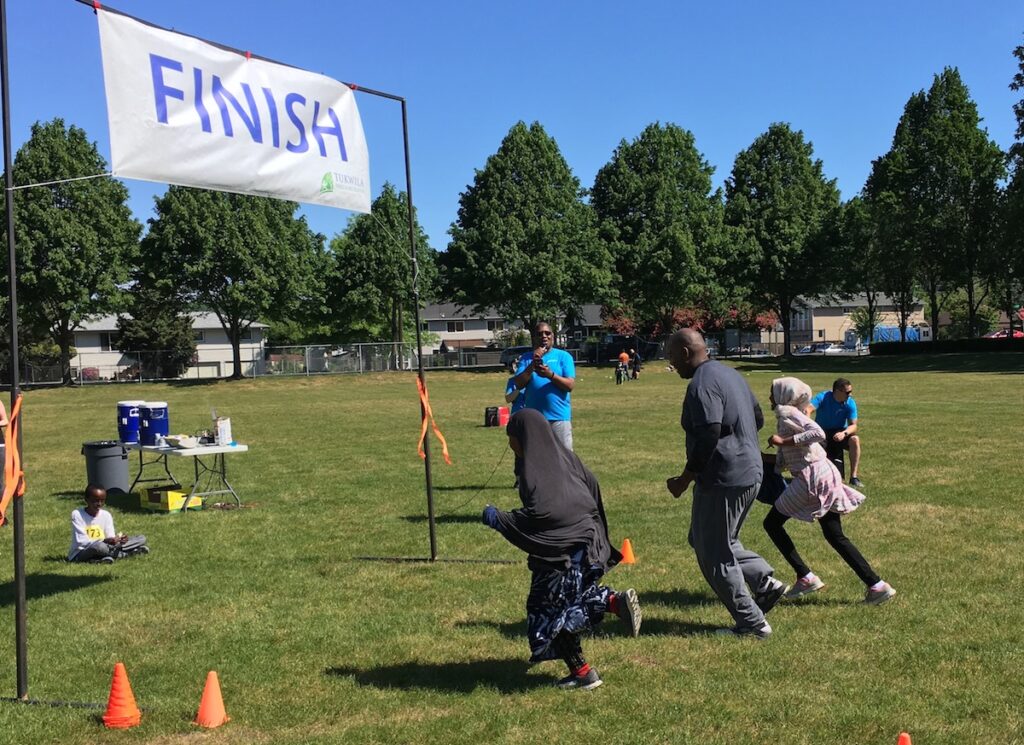
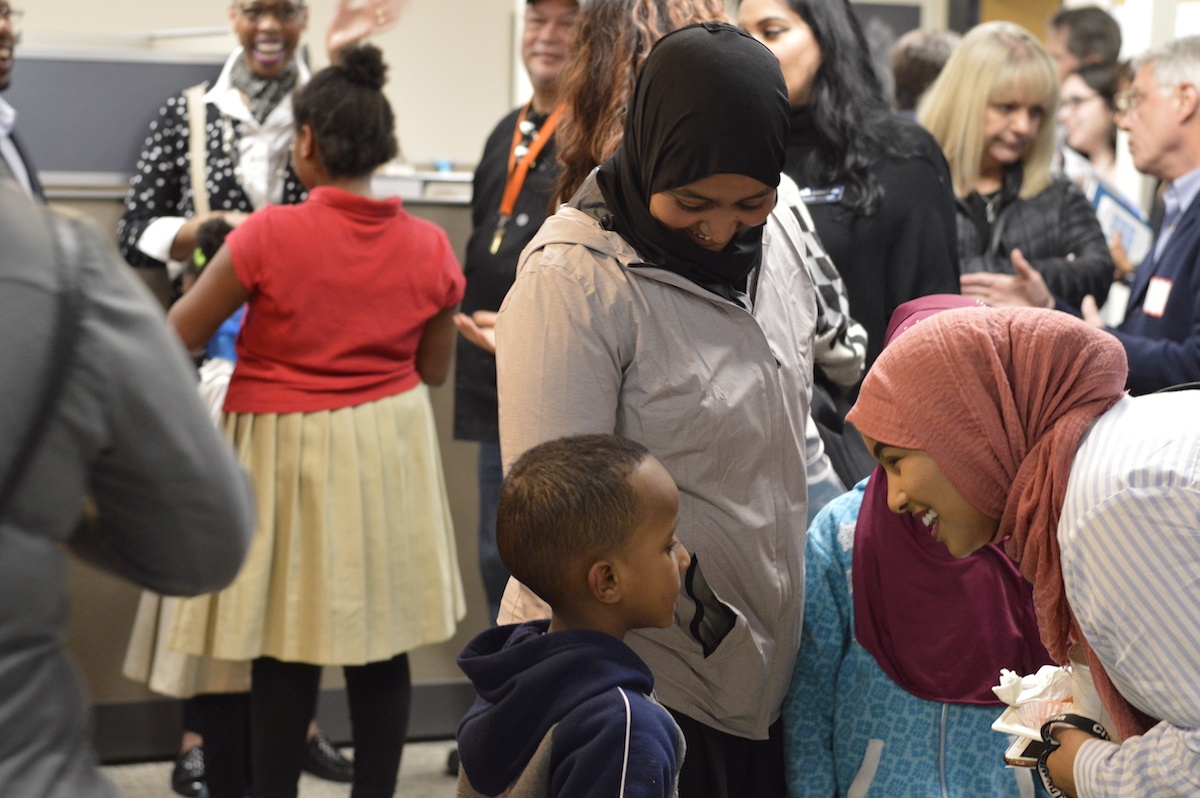
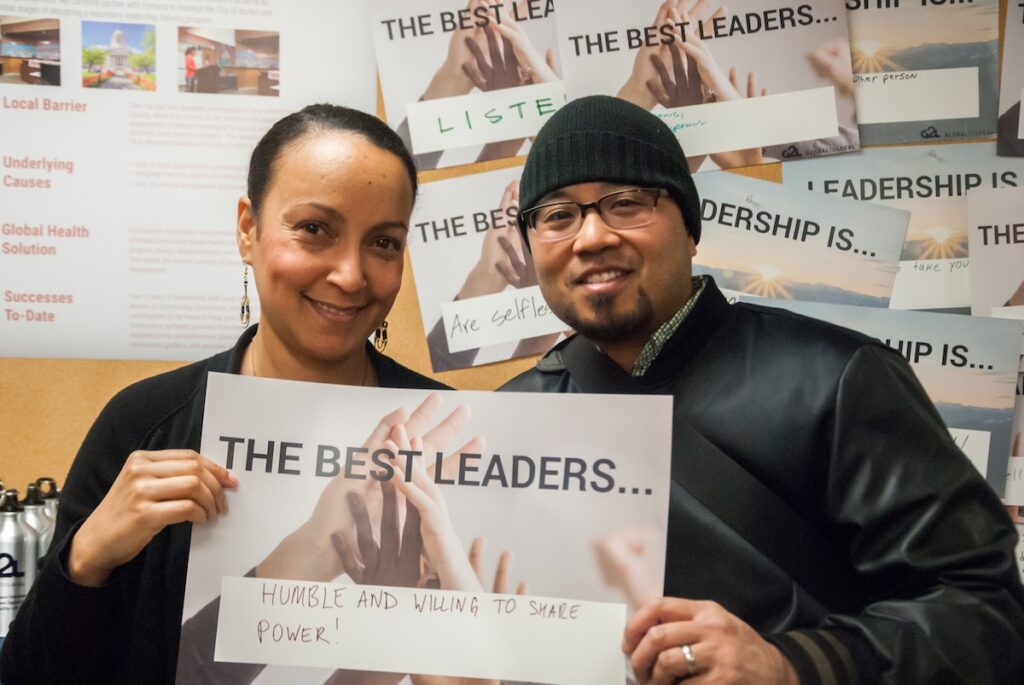
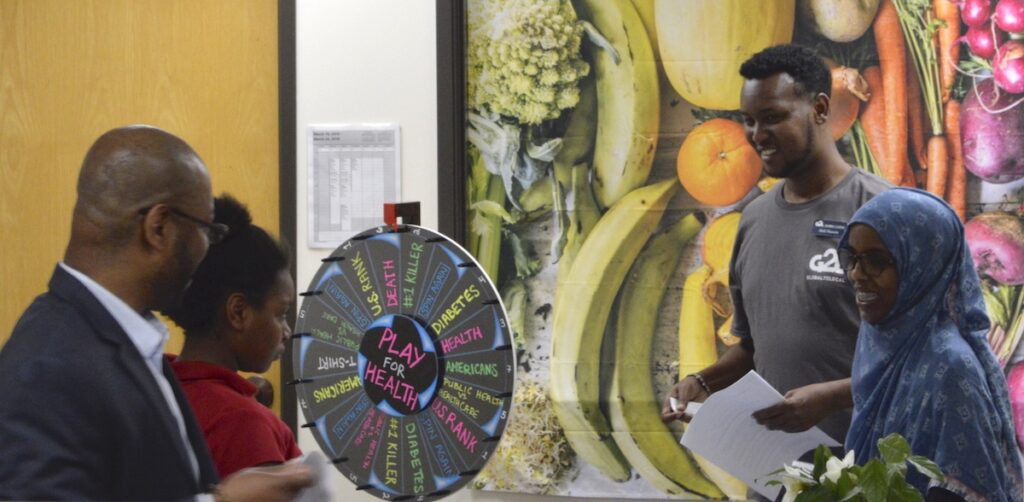
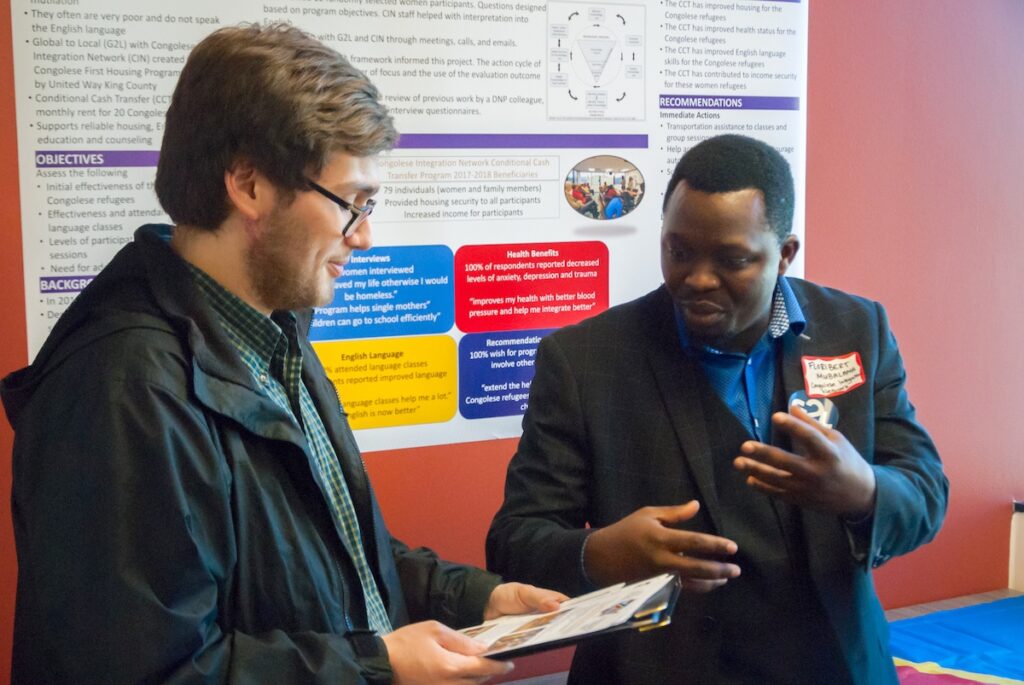
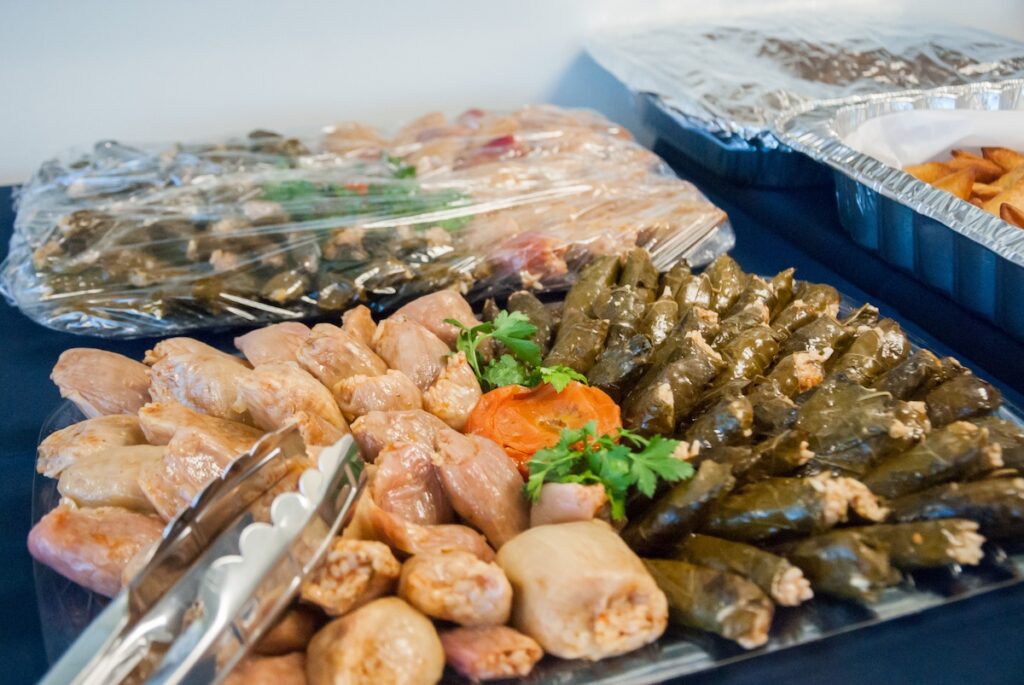
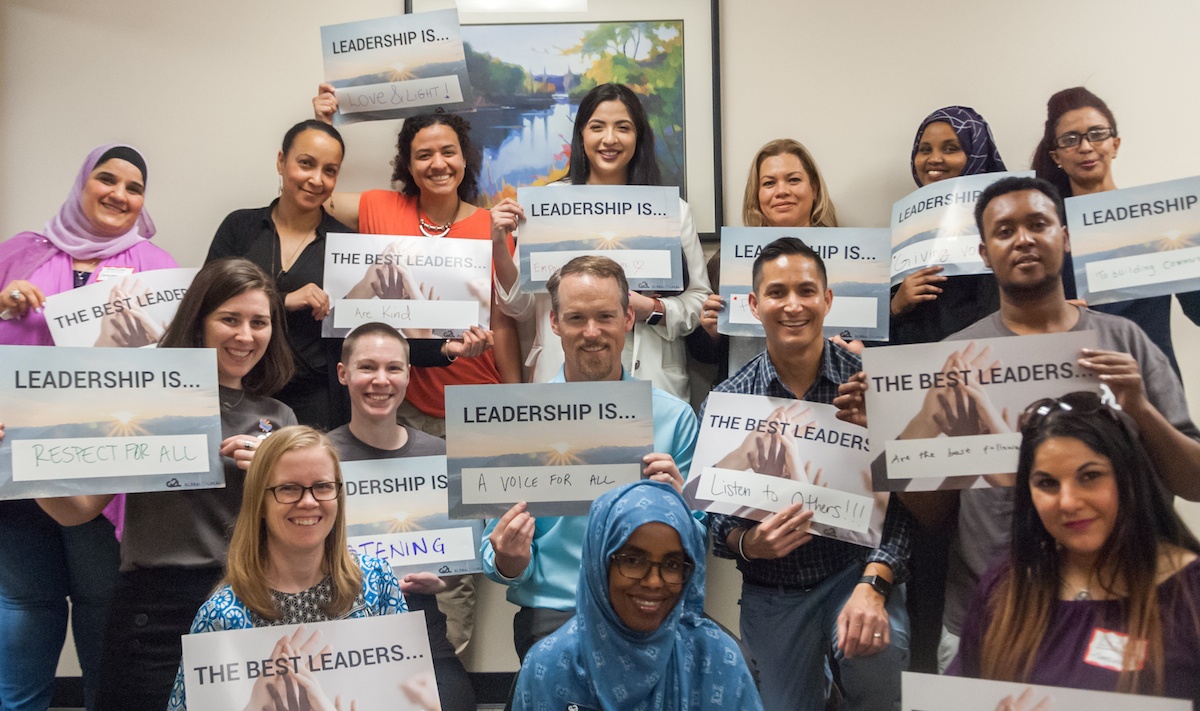
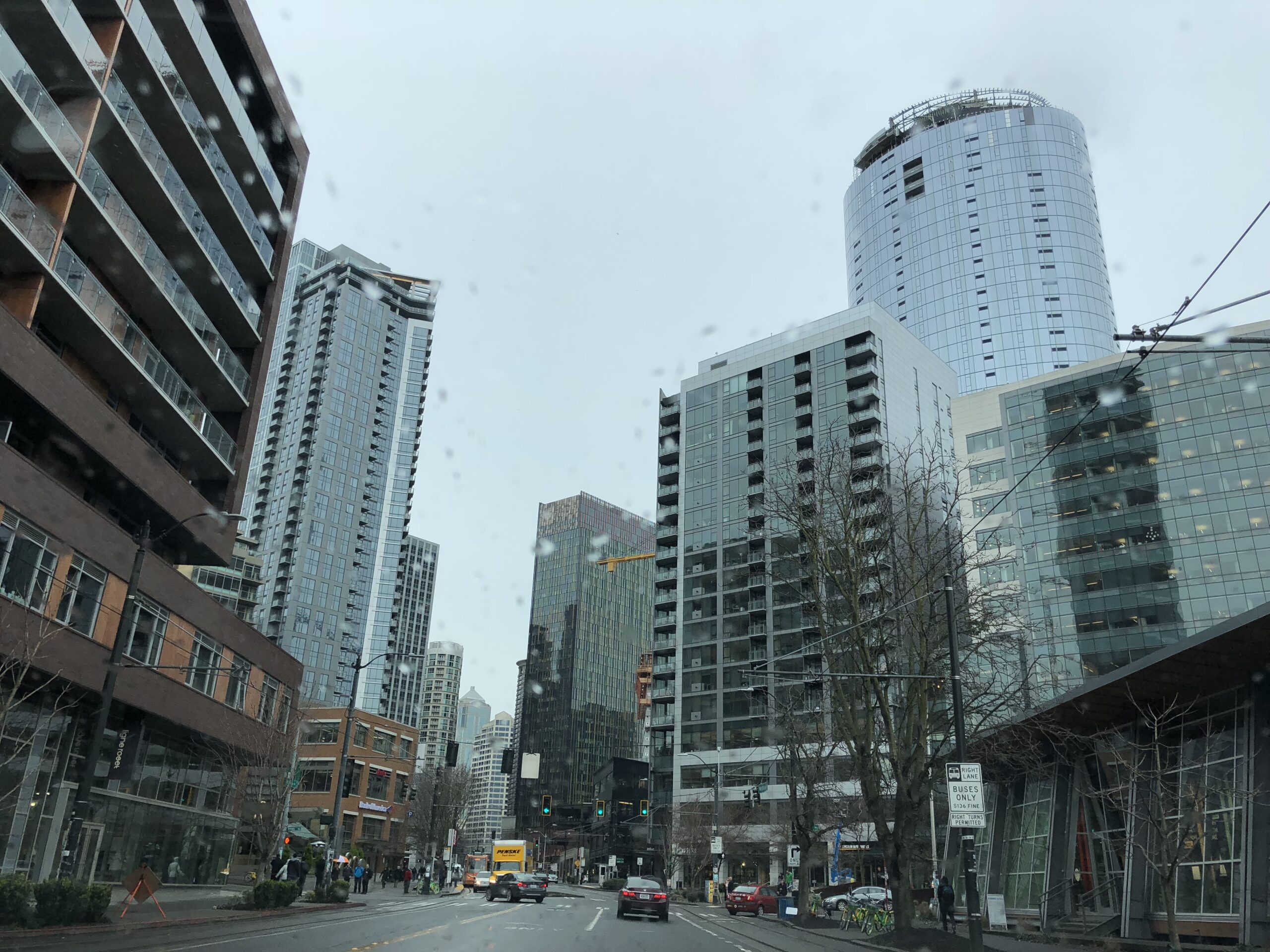

 Brian Biege, first vice president in CBRE’s Bellevue office claimed “Although rental rate in core submarkets in the region have gone up, it’s clear that dollar-for-dollar, Seattle continues to offer more options than some of the other large technology hubs across the nation” As a result, it often seems like Seattle is getting younger all the time, and there definitely has been a big influx of fresh-faced techies into the city in recent years. Seattle’s population of 20-somethings living in the downtown core increased by 16 percent since 2010. Correlated, Seattle is the most educated market in the nation according to the same report, with 62.1 percent of all resident over 25 possessing at least a bachelor’s degree.
Brian Biege, first vice president in CBRE’s Bellevue office claimed “Although rental rate in core submarkets in the region have gone up, it’s clear that dollar-for-dollar, Seattle continues to offer more options than some of the other large technology hubs across the nation” As a result, it often seems like Seattle is getting younger all the time, and there definitely has been a big influx of fresh-faced techies into the city in recent years. Seattle’s population of 20-somethings living in the downtown core increased by 16 percent since 2010. Correlated, Seattle is the most educated market in the nation according to the same report, with 62.1 percent of all resident over 25 possessing at least a bachelor’s degree.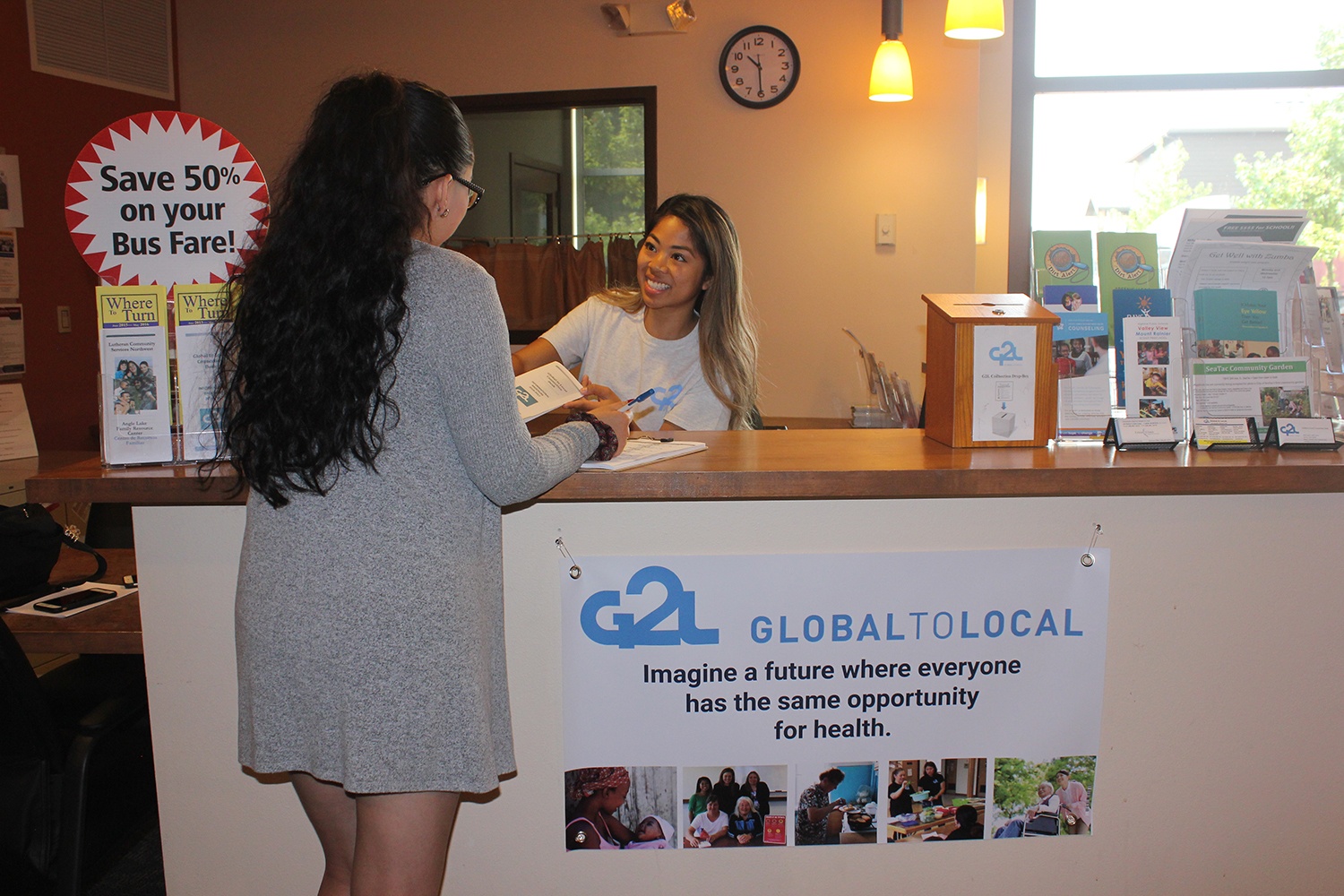
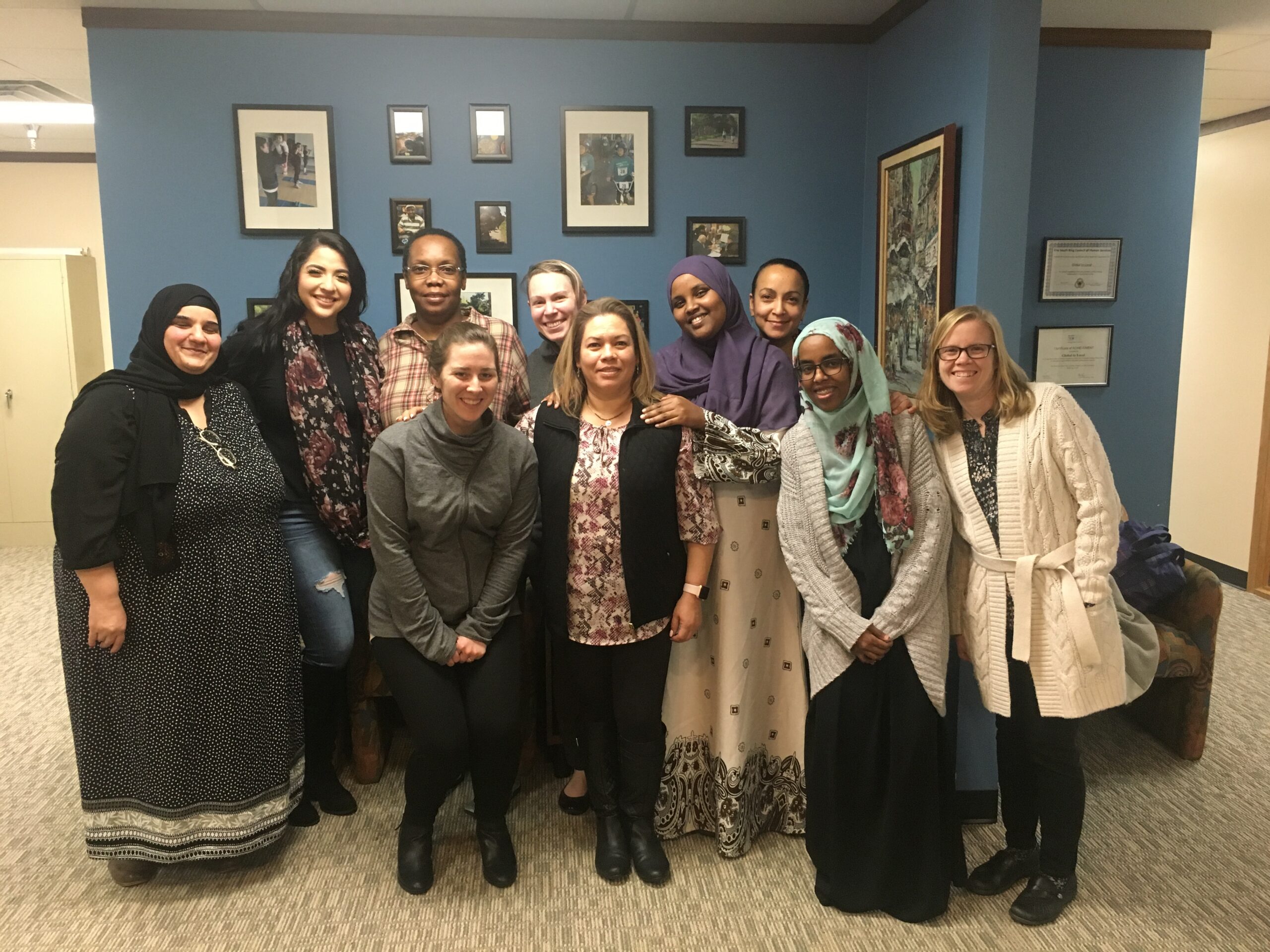
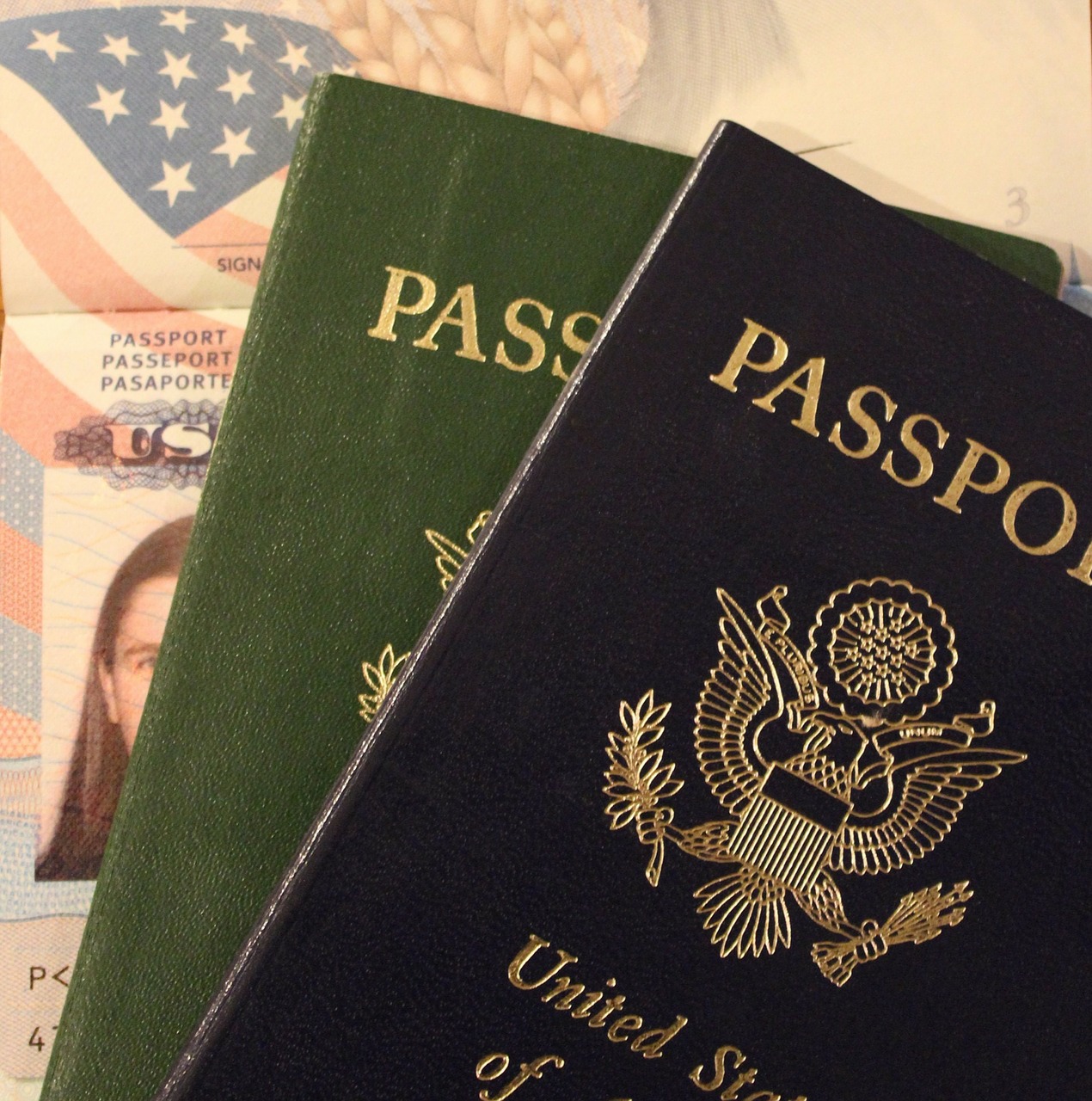
 Real ID can be more harmful than we think. Withall thesepolitical barriers being thrown at people who immigrated to this country in hopes of fulfilling their dreams, this can actually be a weapon used to target them. The Real ID Act will individually targetwhois an immigrant and who is not. After January 22, 2018, they can no longer fly domestically. This is unfair, and we are also seeing injustice being done to our DACA students. The “Dreamers” who came to this country at a young age at their parent’s will, and who know nothing more than this country which is their home.
Real ID can be more harmful than we think. Withall thesepolitical barriers being thrown at people who immigrated to this country in hopes of fulfilling their dreams, this can actually be a weapon used to target them. The Real ID Act will individually targetwhois an immigrant and who is not. After January 22, 2018, they can no longer fly domestically. This is unfair, and we are also seeing injustice being done to our DACA students. The “Dreamers” who came to this country at a young age at their parent’s will, and who know nothing more than this country which is their home.